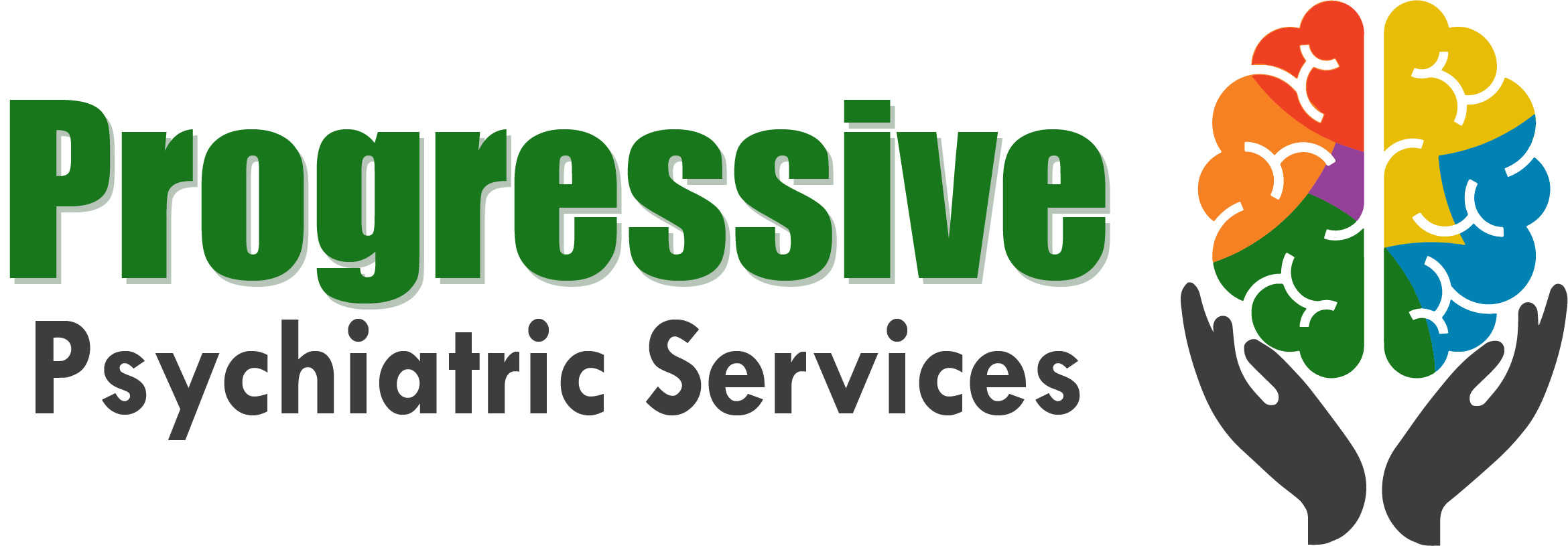ADHD, or Attention-Deficit/Hyperactivity Disorder, can cause problems and even lower performance at work, school, or in everyday life. The top team of specialists at Grand Desert Psychiatric Services in Las Vegas, Nevada, provides a wide range of treatment options to assist kids and adults manage their ADHD symptoms.
Hours
Contacts
What is OCD?
OCD is an anxiety disorder characterized by persistent, unwelcome thoughts that make you act out certain behaviors. Your everyday routines and social interactions may be hampered by the repetitive habits linked to OCD.
If you have OCD, being unable to do certain repetitive behaviors or acts can be extremely stressful. Various obsessions exist. If you have OCD, you may occasionally be aware that your obsessions are unreasonable, but this isn’t always the case. It can be challenging to shift your attention away from your obsessions and restrain yourself from engaging in compulsive behavior if you have OCD.
You might have OCD if your obsessions and/or compulsions are distressing, time-consuming, and interfere with your ability to perform in social and professional settings. It usually starts
What are obsessions and compulsions?
Obsessions are recurring thoughts or pictures that cause anxiety or other unfavorable emotions. Obsessions that are typical for those with OCD include:
- being unduly worried about illness or harm to one’s body
- addicted to symmetry
- abnormal religious or sexual thoughts
People with OCD engage in compulsions, which are repetitive activities that are driven by obsessions. These repetitive actions are intended to reduce anxiety or tension in particular circumstances. If you have OCD, they might momentarily relieve your symptoms, but the obsessions will return and the cycle will continue. Some instances of typical compulsions in OCD sufferers include:
- Cleaning
- Organizing and rearranging
- Mental compulsions (prayers, quiet mumbling)
Are there conditions related to OCD?
There are a number of conditions with features that overlap those of OCD; it’s important to get a proper diagnosis from a medical professional. Also, these conditions can frequently occur in family members of people with OCD. Some of these include:
- Body Dysmorphic Disorder
- Hoarding Disorder
- Hair-Pulling Disorder
- Skin-Picking Disorder
How do you treat OCD?
Expert therapists at Progressive Psychiatric Services treat OCD with a combination of specialist medication and consistent cognitive behavioral treatment (CBT). A therapist exposes you to situations that trigger fears and obsessive behaviors linked to the disease through the regular practice of CBT. This method can significantly reduce OCD sufferers’ symptoms.
